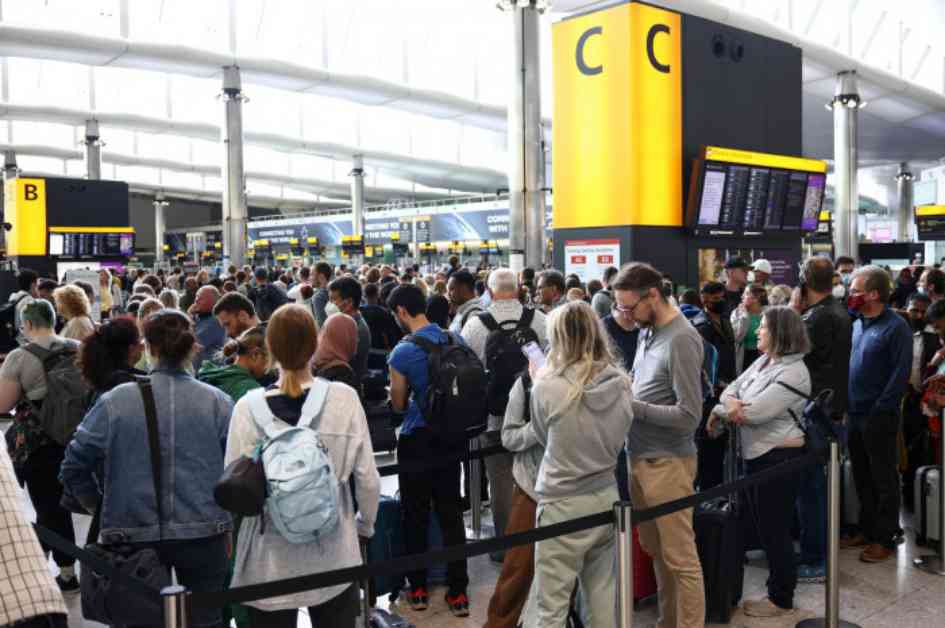Global Airlines Set to Achieve Record Growth Amid Supply Chain Challenges
The International Air Transport Association (IATA) projects that the global airline industry will experience unprecedented growth by 2025, generating over $1 trillion in revenue from soaring passenger numbers. However, airlines are currently facing significant obstacles in acquiring essential new aircraft due to supply chain bottlenecks, which industry leaders deem “unacceptable.”
Supply Chain Woes Stall Aircraft Production
IATA Director-General Willie Walsh expressed frustration at the delays in securing new planes from major manufacturers like Boeing and Airbus. These delays have hindered airlines’ expansion plans and efforts to enhance fuel efficiency by operating newer, more advanced aircraft. The industry’s patience with suppliers, whom Walsh likened to “quasi-monopolies,” is running thin as they struggle to meet demand.
Challenges in Engine Deliveries
Engine manufacturers have encountered setbacks in delivering new engines, leading to increased wear and tear on existing engines. This has resulted in maintenance bottlenecks, causing airlines like Thai Airways International to ground planes for extended periods despite rising passenger demand. Airbus and Boeing, the industry’s leading planemakers, have both faced production slowdowns due to engine delays and regulatory scrutiny.
Despite these obstacles, IATA remains optimistic about the industry’s financial outlook, projecting a record revenue of $1.007 trillion in 2025. The forecasted industry-wide net profit of $36.6 billion signals a positive trajectory for airlines, with an estimated 5.2 billion passengers expected to travel next year.
Environmental Concerns and Economic Outlook
While the industry recovers from the impact of the Covid-19 pandemic, environmental groups caution against excessive air travel that could harm the environment. Matt Finch of Transport and Environment warns that increasing the number of flights, even with more fuel-efficient planes, will escalate emissions.
Looking ahead, Walsh anticipates a favorable environment for the airline sector under the upcoming Trump administration. He believes that President-elect Donald Trump’s policies will benefit the industry by supporting corporate travel, facilitating mergers and acquisitions, and potentially reducing fuel costs through backing US oil production. However, geopolitical tensions in regions like the Middle East and Ukraine present risks to the industry’s stability, impacting passenger yields in 2025.
As airlines navigate these supply chain challenges and environmental concerns, industry stakeholders are hopeful that strategic measures and policy support will sustain the sector’s growth trajectory in the coming years.




















